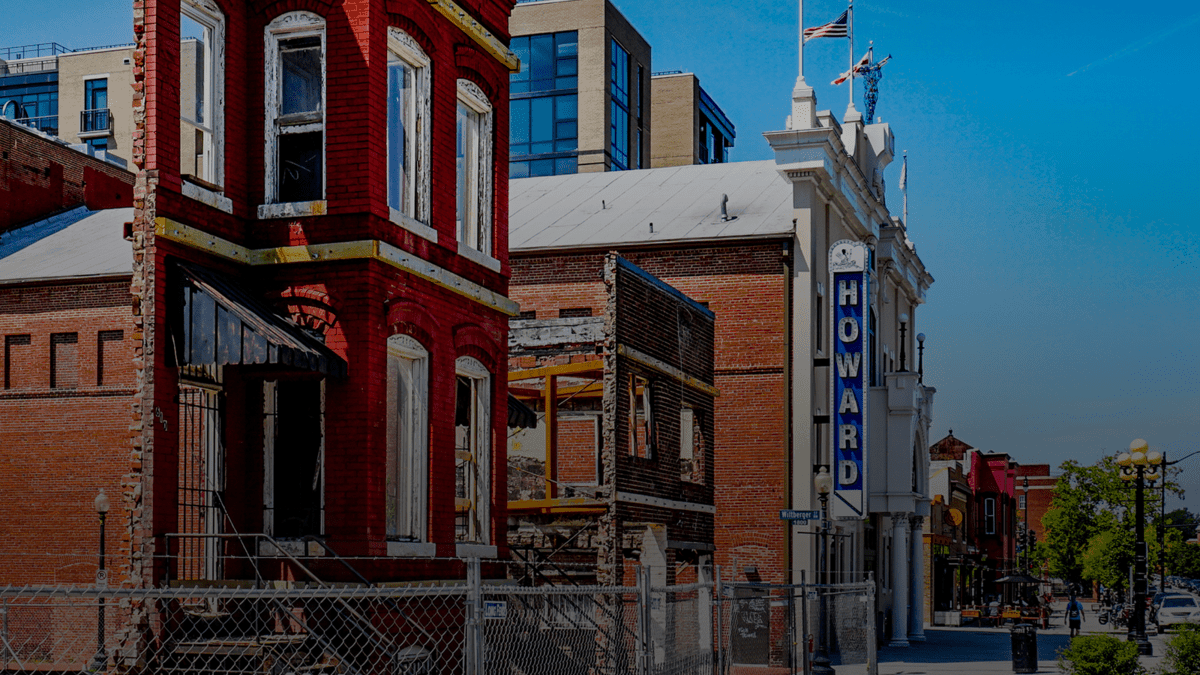padraig (u.s.)
a monkey that will go ape
The difference is that none of those people were displacing large pre-existing communities of non-art types. They were just displacing each other in the niche of art types, if anything.I'm sure people in Warhol circles thought people like me were clueless hayseeds and/or gentrifiers when we came to NYC. and jazz beatniks from the '30s/'40s felt the same way about the Warhol crowd when they came in the '50s/'60s. it's always been that way.
Again tho, it's a mistake to focus on the people seeking housing in cool neighborhoods. Early downtown NY types didn't have any more or less control than central casting arm sleeve tattoo cool dads or whatever do now.




